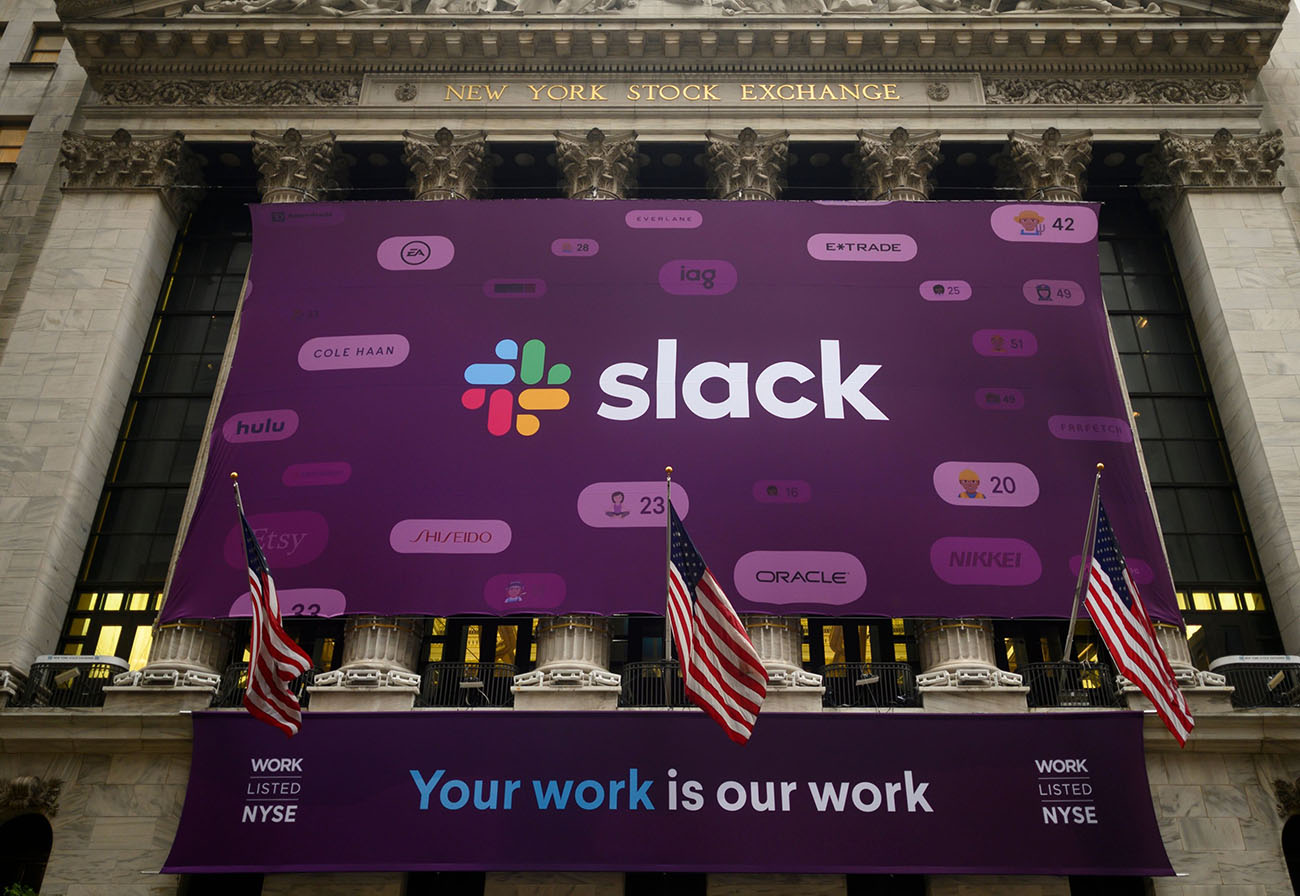The rapid growth of AI technology has led to a surge in startups and investments in this sector. However, despite the excitement surrounding AI startups, there is a crucial aspect that demands attention: their economic viability.
Key Takeaway
The financial challenges related to gross margins are posing a potential long-term impact on the valuation and sustainability of AI startups, prompting a closer examination of their economic models and revenue quality.
The Margin Challenge
Recent reports have shed light on the financial challenges faced by AI startups. For instance, Anthropic, a prominent AI startup that has secured substantial funding, revealed gross margins of 50% to 55% in December. This underscores the significant costs associated with developing and maintaining modern AI models, indicating that AI-focused startups may have a distinct valuation profile due to the substantial expenses involved in leveraging advanced computing power.
Understanding Revenue Quality
The quality of revenue is closely linked to gross margins, with higher margins contributing to better overall revenue. Traditionally, startups have justified their substantial losses during the scaling phase by emphasizing the quality of their revenue. This is particularly relevant in the case of software companies, which are often valued based on a multiple of their revenue rather than their profits. High gross margins result in strong revenue and gross profit, which is favored by investors.
Comparing AI Startups and SaaS Companies
The discussion around AI gross margins is not new. In 2020, venture firm a16z highlighted that AI startups are likely to face lower gross margins due to extensive cloud infrastructure usage and ongoing human support. This raises the question of whether AI startups have inferior economics compared to Software as a Service (SaaS) companies, which typically boast higher gross margins.

























